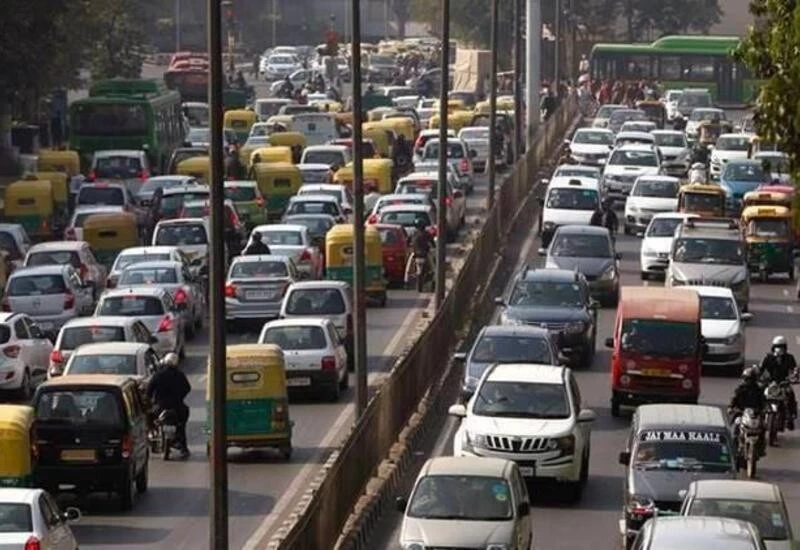New Delhi: Bringing the focus on the social and financial impact of road accidents in India, the World Bank today released a report titled ‘Traffic Crash Injuries and Disabilities: The Burden on Indian Society’. India today has 1 percent of the total vehicles around the world but accounts for 11 percent of the global road accidents. Considering these alarming statistics on road accidents in the country, the World Bank conducted surveys to gauge the impact that goes beyond injuries, death, and how the families cope with the trauma and additional responsibilities.
The report released by Transport Minister Nitin Gadkari states that 75 percent of low-income households in India reported a decrease in their income if there was a road crash in the family. Such families tend to lose over seven months of salary over a road accident while the loss for a higher income family is less than one month salary.
World Bank commissioned a survey-based assessment study in association with the Save LIFE Foundation (SLF) to determine such differential impacts more objectively in India.
Financial burden of road accidents
In India, over 1.5 lakh people lose their lives and more than 4.5 lakh are injured in road accidents every year, which not only causes trauma to the families but accidental deaths also result in an economic loss equivalent to a massive 3.14 percent of GDP each year. Some 70 percent of the fatalities are in the age group of 18 to 45 years, impacting the economically productive lives. The World Bank estimates the total cost of Road Traffic Injuries (RTIs) at Rs 12.9 lakh crore for the year 2016.
Social burden of road accidents
In addition to financial distress, poor households experience a deterioration in their quality of life accompanied by psychological suffering and emotional distress.
Within households, it is women who bear the brunt of caregiving activities, leading to a double burden of labour and mental load, exacerbated inequalities of opportunities in returning to livelihoods and income-generating tasks.
Inequality in insurance coverage and delay in accessing compensation further mars the quick recovery process among LIH households. Insurance coverage was significantly higher among HIH and households in urban areas vis-à-vis LIH urban areas.
Low rates of insurance coverage and poor awareness related to legal compensation processes among truck drivers: Overall, 2/3rd of the respondent truck drivers did not file an FIR after the crash. Only 40% of the truck drivers were covered under life insurance and 18% under medical insurance at the time of the crash.
Overall, 2/3rd of the truck drivers were not aware of third-party liability insurance. None of the drivers said that they had applied/benefited from cashless treatment at the hospital, solatium fund for hit and run case, or ex-gratia schemes.
Information asymmetry and poor awareness on legal compensation among LIH: Only less than a quarter of the LIH victims were aware of the compensation process and insurance clauses. Only a handful of the victims availed government compensation/ex gratia.
After the presenting of the World Bank report, Gadkari stated that it makes some alarming findings and the government will act upon them. The Ministry of Road, Transport, and Highways will engage with the SaveLife Foundation and World Bank and work towards framing relevant laws and policies to address the challenges, he added.
He went on to highlight the importance of quality standards on crash helmets for two-wheeler users and how mandatory front airbags help improve safety. The government is also working to get regular eye checkups for truck drivers, he said.
Admitting that currently, India sees more deaths due to road accidents than COVID-19, Gadkari said that his ministry will hold meetings with relevant authorities to come up with reforms for low-income families who suffer more in case of an accident in the family.
He noted that the report points to a serious matter that healthcare services are not adequate in rural areas in India and there is a lack of education and awareness that makes low-income households more prone to road accidents.
In addition to institutional reforms, India needs social schemes for low-income households. There has been a 54 percent drop in road fatalities in Tamil Nadu. We will urge other states to follow the model to improve conditions, he added.


